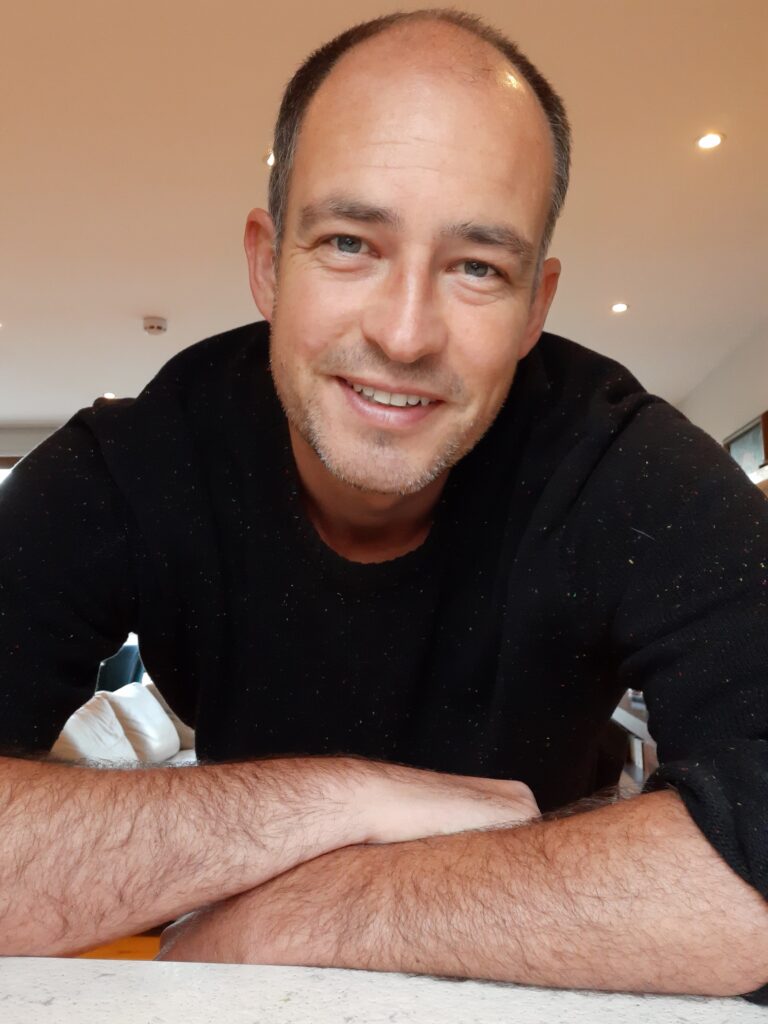NEAF has recorded a number of interviews with archaeologists working in Near Eastern Archaeology. Our podcast is available via SoundCloud
On this page you will find embeds of the podcasts, along with relevant show notes.

Origins of Olive Oil
When you think of inventions that helped change the course of history, it’s doubtful Olive Oil makes the list. Originating thousands of years ago in the Mediterranean or further east – it’s now probably in your kitchen cupboards, or donning the shelves of supermarkets. But how did Olive Oil come to be, and how did the processes behind making it help advance numerous civilisations?
Jamie Fraser, talks about his work in Jordan and the incredible archaeological discoveries he and his team found. Looking at early Olive Oil production presses, monumental archaeology discoveries, and the impact this had on ancient civilisations – what can we learn about the origins of Olive Oil, and why is it so important in ancient history?
Piecing together The Beirut Glass Project: a discussion with British Museum glass conservator Dr Duygu Camurcuoglu.
On August 4 2020 Beirut was rocked by one of the largest explosions in history, when improperly stored ammonium nitrate ignited in the port and a violent shockwave ripped through the city. The Archaeology Museum at the American University of Beirut was one of the many cultural institutions affected. A display case containing 74 glass vessels was smashed against the floor. Thousands of shards of ancient glass were mixed with fragments from the display case and surrounding windows. This talk with the lead conservator is about eight of the glass vessels sent to the British Museum to be conserved and the painstaking conservation work that revived these objects.
Pella, Featured Series: Our Favourite Things
In this series of podcasts, Dr Stephen Bourke discusses a number of interesting finds from the Pella Archaeological Excavations in Jordan. To learn more about the site, visit our Pella Project page.
Dr Stephen Bourke, Director of the Pella Project speaks about the archaeological site.
Dr Stephen Bourke speaks about one of his favourite discoveries from the archaeological site of Pella, Jordan.
Dr Stephen Bourke speaks about one of his favourite discoveries from the archaeological site of Pella, Jordan.
Dr Stephen Bourke speaks about one of his favourite discoveries from the archaeological site of Pella, Jordan.
Dr Maggie O’Hea discusses the Hand of Ishtar, one of her favourite things from Pella
Professor Lloyd Weeks develops a Passion for the Neolithic at Tol-i Nurabad, Fars Province Iran.
Professor Cameron Petrie discusses his new book Resistance at the Edge of Empires: the Archaeology and History of the Bannu Basin from 1000 BC to AD 1200, C.A. Petrie with contributions by P. Magee, F. Khan, J.R. Knox, and K.D. Thomas.
Between 1985 and 2001, the collaborative research initiative known as the Bannu Archaeological Project conducted archaeological explorations and excavations in the Bannu basin region, in what was then the North West Frontier Province (NWFP) of Pakistan, now Khyber-Pakhtunkhwa. This Project involves scholars from the Pakistan Heritage Society, the British Museum, the Institute of Archaeology (UCL), Bryn Mawr College and the University of Cambridge.
This volume is the third in a series that present the final reports of the exploration and excavations carried out by the Bannu Archaeological Project. It presents the first systematic investigation of the archaeology and history of the first millennium BC and the first and early second millennia AD in the Bannu basin. Most of what is known archaeologically comes from the major settlement site known today as Akra, which appears to have been the key site in the region throughout this protracted period. Excavations were carried out at Akra by the Bannu Archaeological Project between 1996 and 2000. Excavations were also carried out at the site of Ter Kala Dheri in 1995.
Dr Margaret O’Hea talks about the archaeology and history of glass with Dr Peta Seaton, NEAF President.
Over the course of 11 months in the field between 2015-2017, Dr James Roberts analaysed approximately 430,000 fragments of animal bone recovered from excavations at Saruq al-Hadid, an archaeological site located in the Emirate of Dubai dating to the regional Bronze and Iron Age. In this podcast, he talks about what he found during his analysis, focusing on the dromedary camel remains and the questions they raise regarding our understanding the domestication of this species.
To learn more about this project, visit: SHARP – the Saruq al-Hadid Archaeological Research Project
Dr Joseph Lehner speaks about his research into water, trade and industry in ancient Oman.
In 1879, the British Museum acquired the body of a statue of the Hittite goddess Kubaba from Carchemish in Turkey. In a spectacular recent discovery, the long-lost head was found in the garden of a local electricity compound 200 km away. In Reviving Kubaba Dr Jamie Fraser tells this extraordinary story, with characters such as George Smith, T.E.Lawrence, and a mysterious foreign woman in a big white hat.
Dr Peta Seaton AM, talks about an intriguing zoomorphic figurine from the site of Teleilat Ghassul in Jordan.
Jordan was one of the first places in the world to domesticate the olive, and olive oil would play a key role in the development of civilisations that followed. But what does the archaeology of olive oil production look like? In this talk, Dr Jamie Fraser discusses excavations of an ancient olive oil factory at Khirbet Ghozlan in the Wadi Rayyan in north Jordan, c.2500 BCE.
Dr Craig Barker speaks about Australia’s long history of archaeological excavation and research in Cyprus.